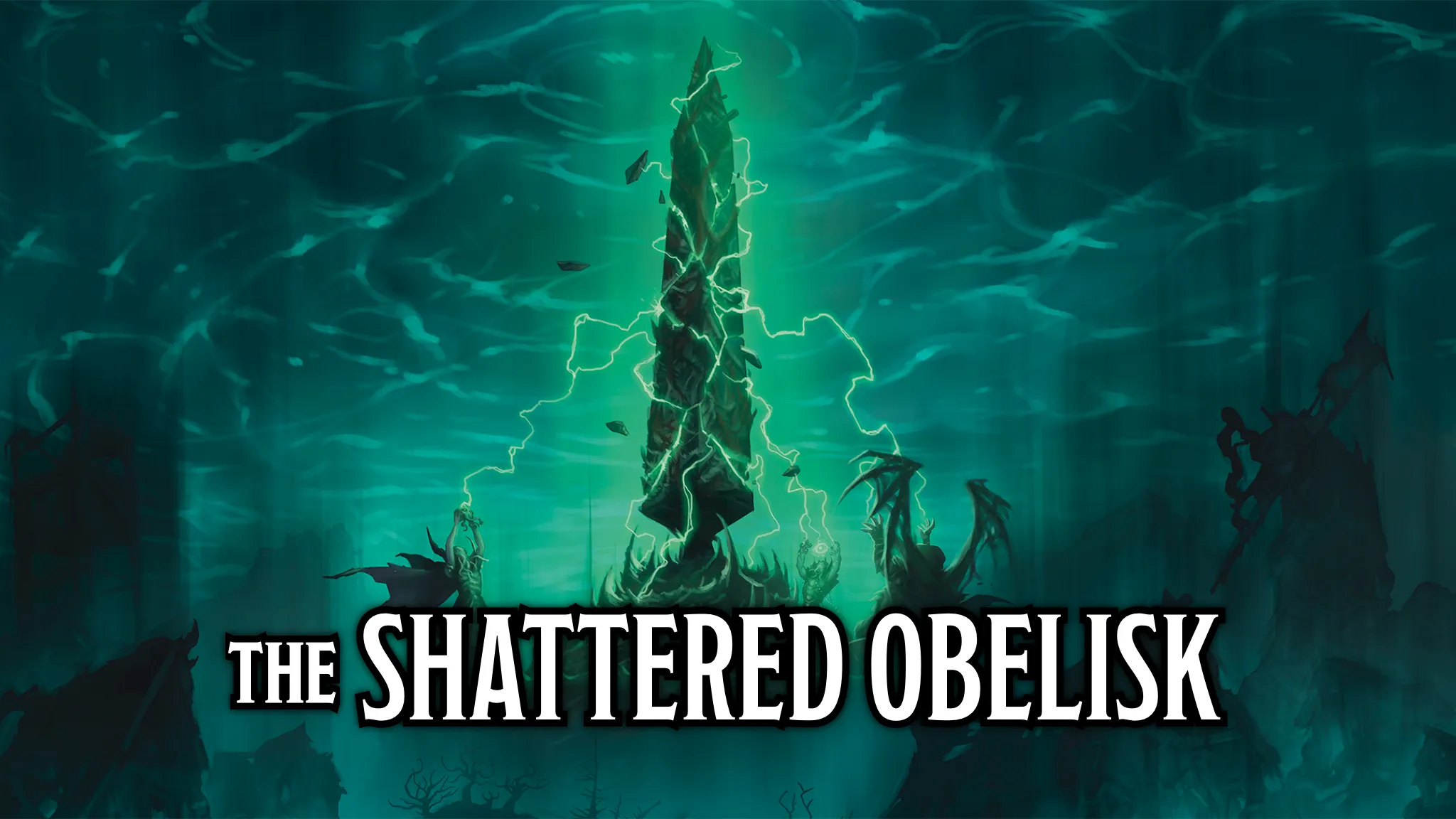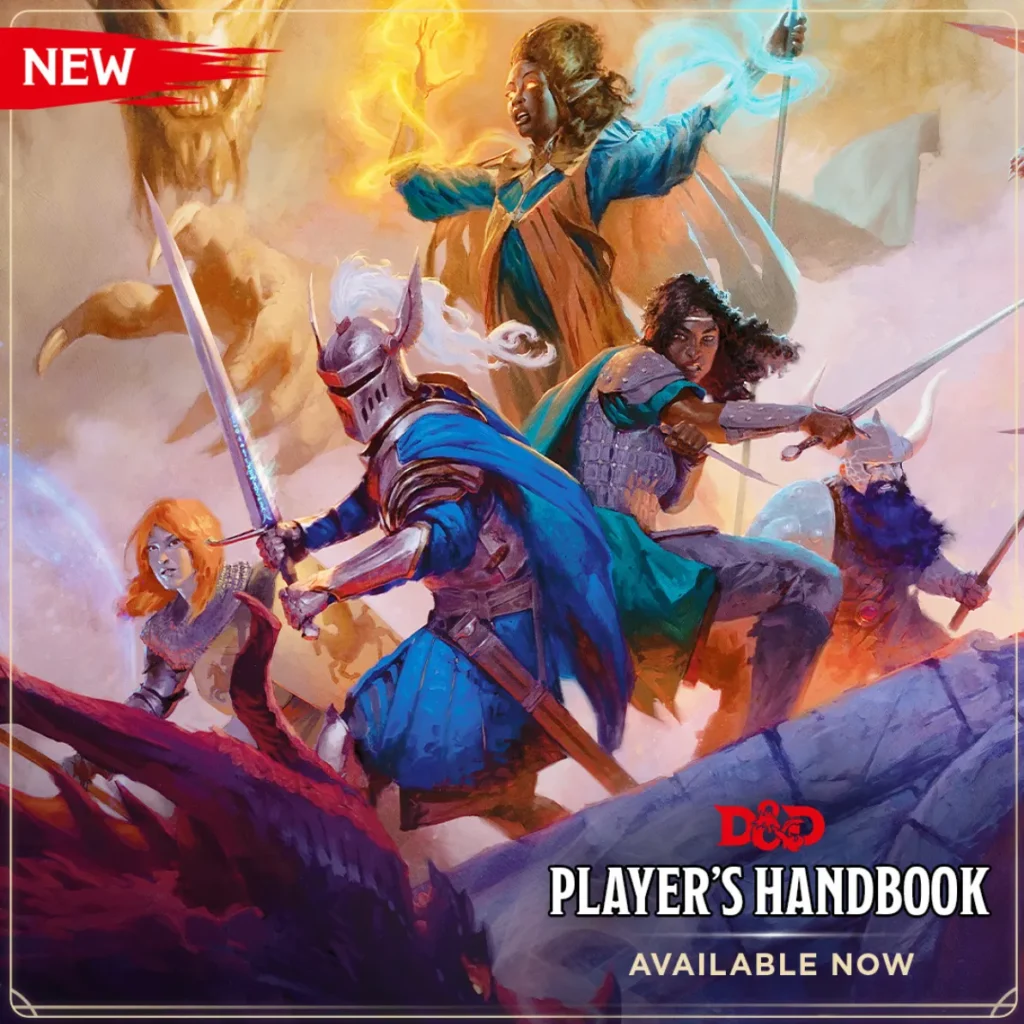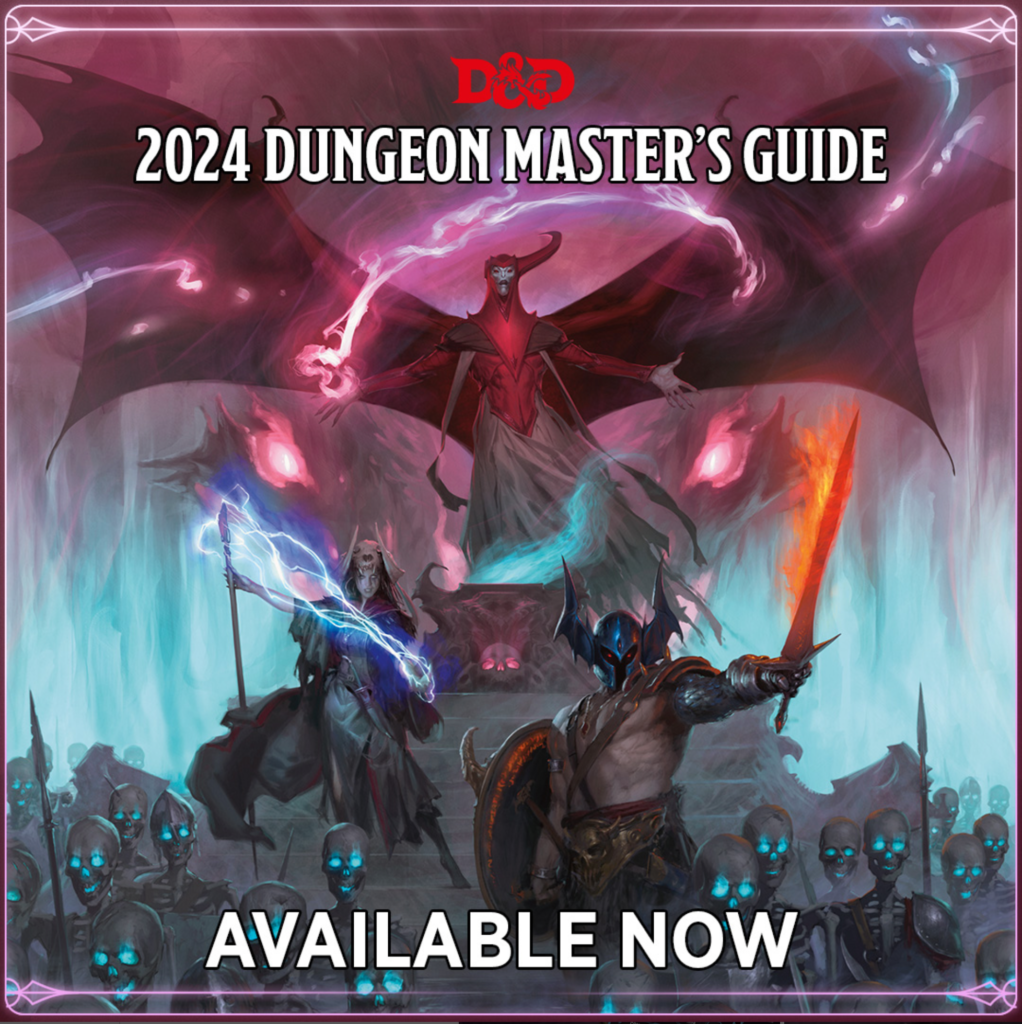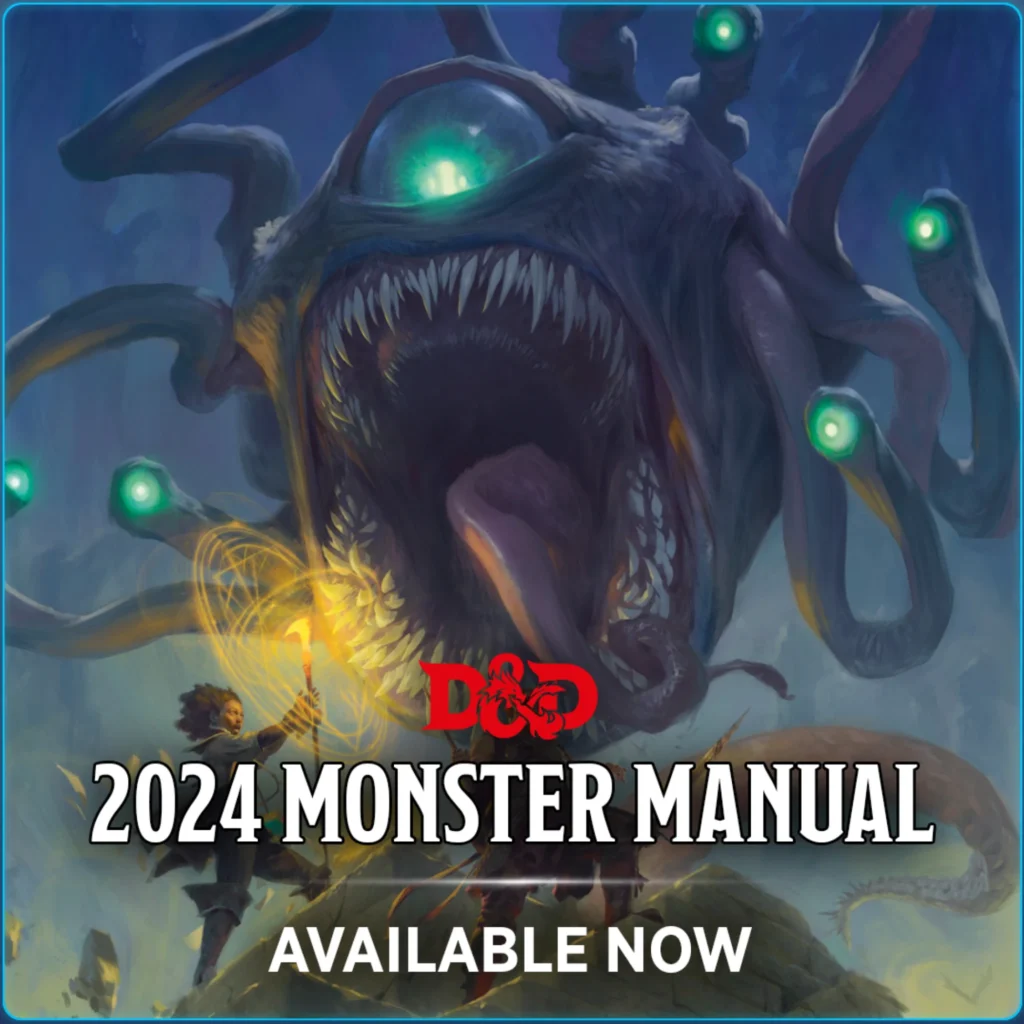Published on May 9, 2023
Written by Wayne Ingram
As a Dungeon Master, it can be challenging to create a world that feels alive and immersive. One way to do this is to incorporate wilderness travel into your D&D 5e game. However, there are some rules that are often forgotten or overlooked that can make this aspect of the game more integral. In this post, we’ll explore three of those rules and provide some tips and tricks for making tracking them easier.
Encumbrance
Encumbrance is a rule that many DMs ignore, but it can add an extra layer of realism to your game. It’s easy for players to forget how much weight they’re carrying, but with D&D Beyond, tracking weight is automated. Make sure your players understand how encumbrance works and let D&D Beyond take care of the rest.
Exhaustion
Exhaustion is another rule that can make wilderness travel more challenging and immersive. However, tracking exhaustion can be a chore, especially when players are in a hurry to get to their next objective. One way to make it easier is to use tokens or poker chips to represent levels of exhaustion. Players can move the tokens around as they gain or lose exhaustion levels, making it easier to track.
Rations
Rations and rules surrounding Food & Water are often overlooked as unnecessary book-keeping, but they can add another layer of immersion to your game. Instead of tracking each individual ration, use a simplified homebrew rule that requires players to spend a ration to gain the benefits of a long rest. This rule adds a sense of urgency to wilderness travel and makes players think more carefully about resource management.
Summary
Incorporating these rules into your D&D 5e game can make wilderness travel more integral and immersive. By automating encumbrance tracking with D&D Beyond, using tokens to track exhaustion, and simplifying rations with a homebrew rule, you can create a world that feels more alive and challenging for your players. So why not give it a try and see how your players react?






